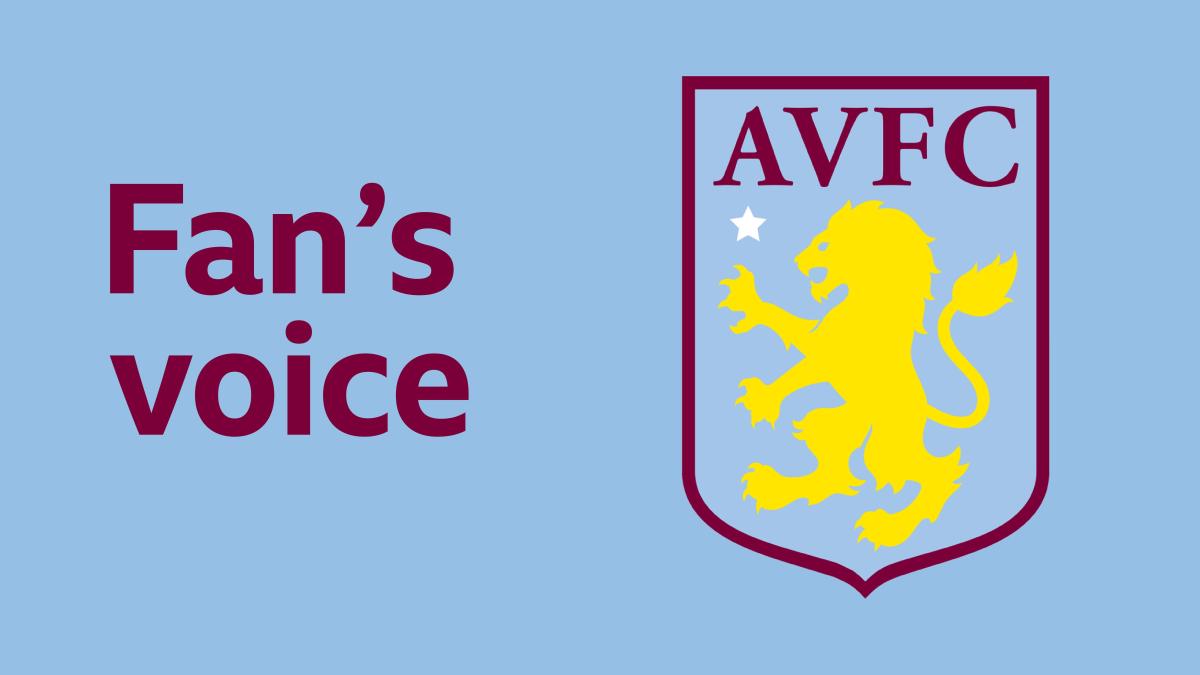


Last season, in his first meeting with supporters, Aston Villa‘s new Business President, Chris Heck, spoke about his ability to secure major sponsorships. He later emphasised that these deals would be key to keeping ticket prices down, and in some cases, even reducing them.
A former Villa CEO had once told the same supporter group, “Don’t judge me by what I say, but judge me by what I do.” Heck’s approach was certainly more brash, but even if he was playing to the gallery, breaking the Premier League’s top-six status quo would require a bullish attitude. Villa’s ambitions were always going to involve cracking a few eggs along the way.
Repeated match ticket price hikes and the rapid increase to 5,000 hospitality class seats were the first of those cracked shells.
When Unai Emery guided Villa into the Champions League, the commercial landscape expanded significantly. The club was set to receive millions more on several fronts, and the potential for lucrative sponsorships grew immensely.
Yet, despite the sales of Douglas Luiz and Moussa Diaby, the club’s Profitability and Sustainability Rules (PSR) situation continues to be leveraged like Orwell’s “perpetual war” in 1984—stirring tribal fervour against PSR to justify any and every ticket price hike.
The eye-watering prices for Champions League tickets, however, have crossed a line.
Last season, Newcastle United—a club in a similar situation—charged member fans £60 for Champions League tickets, while season ticket holders paid £55. This season, most Villa members will pay £94 or £97 for a ticket (£79 for equivalent season ticket holders), while Celtic fans can secure a seat for £46 if they buy a four-match bundle. Liverpool fans won’t pay over £61, and Manchester City fans £62.50 for standard seats.
As Aston Villa enjoys its 150th anniversary, with the excitement of Champions League football on the horizon, the club risks souring that celebration by exploiting supporters’ wallets and alienating those who can no longer afford to attend. The Villa Park faithful are not a bank and should never be a financial fall-back for the club’s commercial shortcomings and hot air.
Find more from David Michael at My Old Man Said

